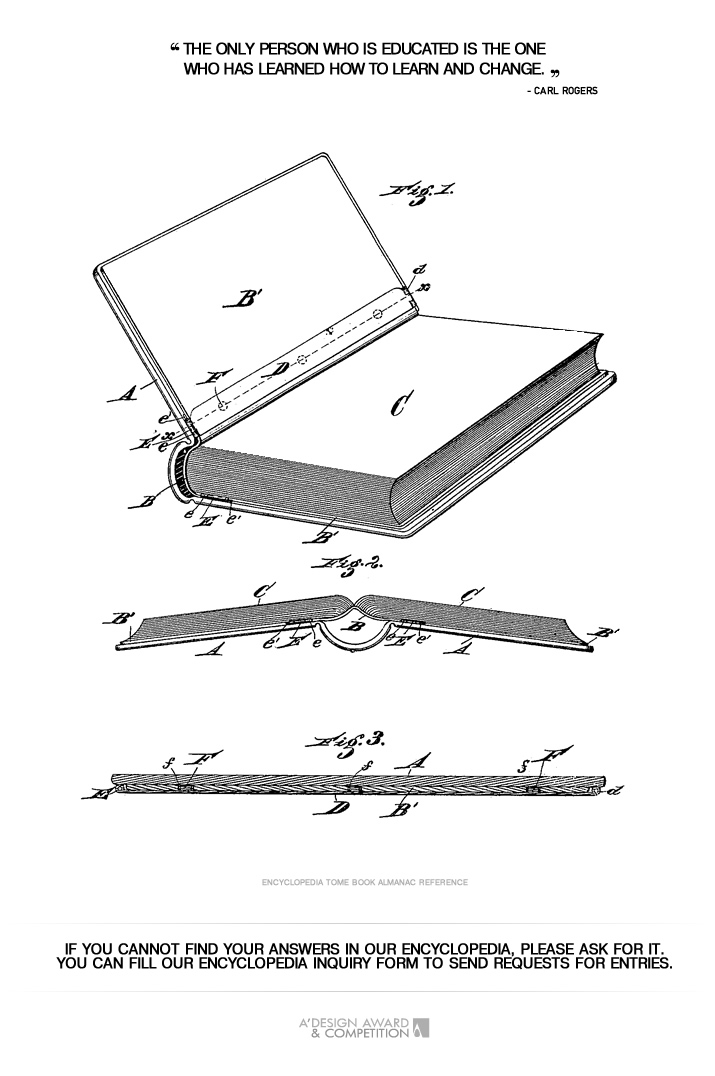
| THE AWARD |
| CATEGORIES |
| REGISTRATION |
| SUBMIT YOUR WORK |
| ENTRY INSTRUCTIONS |
| TERMS & CONDITIONS |
| PUBLICATIONS |
| DATES & FEES |
| METHODOLOGY |
| CONTACT |
| WINNERS |
| PRESS ROOM |
| GET INVOLVED |
| DESIGN PRIZE |
| DESIGN STORE |
| THE AWARD | JURY | CATEGORIES | REGISTRATION | PRESS | WINNERS | PUBLICATIONS | ENTRY INSTRUCTIONS |
Special Order - Entry #476587 |
Home > Design Encyclopedia > 476587 |
 Special Order
Special Order
Special Order is a customized manufacturing or production process where items are created according to specific client requirements rather than mass-produced. This specialized approach to design and manufacturing represents a significant departure from standardized production methods, allowing for unique specifications, materials, dimensions, and finishing details to be incorporated into the final product. In the design industry, special orders have historically played a crucial role in meeting individual client needs while fostering innovation and craftsmanship. The process typically involves detailed consultation between the designer or manufacturer and the client, followed by meticulous planning, precise documentation of requirements, and careful execution to ensure the final product meets exact specifications. Special orders often command premium pricing due to the additional time, expertise, and resources required for customization, as well as the unique nature of the finished product. This manufacturing approach has gained renewed significance in contemporary design practices, particularly with the advent of digital manufacturing technologies and parametric design tools that facilitate customization at various scales. The practice has been recognized in numerous design competitions, including the A' Design Award's Custom Design Category, which specifically honors outstanding achievements in bespoke design solutions. Special orders require sophisticated project management skills, advanced technical capabilities, and a deep understanding of materials and manufacturing processes to ensure successful execution. The rise of Industry 4.0 and advanced manufacturing technologies has further enhanced the capabilities for special order production, enabling greater precision, efficiency, and complexity in customized designs while maintaining quality standards and reducing lead times.
Author: Lucas Reed
Keywords: customization, bespoke manufacturing, client specifications, made-to-order, personalization, craft production, custom design, quality control
 Special Order
Special Order
Special Order is a manufacturing process where products are custom-made to meet specific customer requirements, deviating from standard production lines and catalog offerings. This sophisticated approach to manufacturing represents a significant shift from mass production methodologies, enabling manufacturers to create highly personalized items that precisely match individual specifications, dimensions, materials, or functional requirements. The practice has evolved significantly since the industrial revolution, transitioning from traditional craftsman-based customization to modern, technology-driven processes that maintain efficiency while delivering bespoke solutions. In contemporary manufacturing environments, special orders often involve detailed consultation phases, specialized engineering assessments, and unique production scheduling to accommodate non-standard specifications. These orders typically require additional lead time compared to standard products, as they may necessitate special tooling, unique material sourcing, or modified production processes. The implementation of advanced manufacturing technologies, such as Computer-Aided Design (CAD), Computer-Aided Manufacturing (CAM), and flexible manufacturing systems, has significantly enhanced the capability to execute special orders efficiently while maintaining quality standards. This manufacturing approach has gained particular recognition in industries ranging from industrial equipment to architectural elements, with many manufacturers participating in design competitions such as the A' Design Award to showcase their innovative special order capabilities. The economic implications of special orders often involve premium pricing structures to offset the additional resources, expertise, and time required for customization, while also considering the reduced economies of scale compared to standard production runs.
Author: Lucas Reed
Keywords: custom manufacturing, bespoke production, specialized fabrication, made-to-order, customer specifications, production customization, manufacturing flexibility
 About the Design+Encyclopedia
About the Design+EncyclopediaThe Design+Encyclopedia is a crowd-sourced reference of information on design. Unlike other crowd-sourced publications on design, the Design Encyclopedia is edited and actively monitored and publishing is only possible after review of submitted texts. Furthermore, editors of the Design Encyclopedia are mostly consisting of award winning designers who have proven their expertise in their design respective fields. Information posted at design encyclopedia is copyrighted, you are not granted a right to use the text for any commercial reasons, attribution is required. If you wish to contribute to the design encyclopedia, please first register or login to A' Design Award and then start a new design encyclopedia entry.

If you did not find your answer, please feel free to check the design encyclopedia for more entries. Alternatively, you can register and type your own definition. Learn more about A' Design Award's Design+Encyclopedia.

